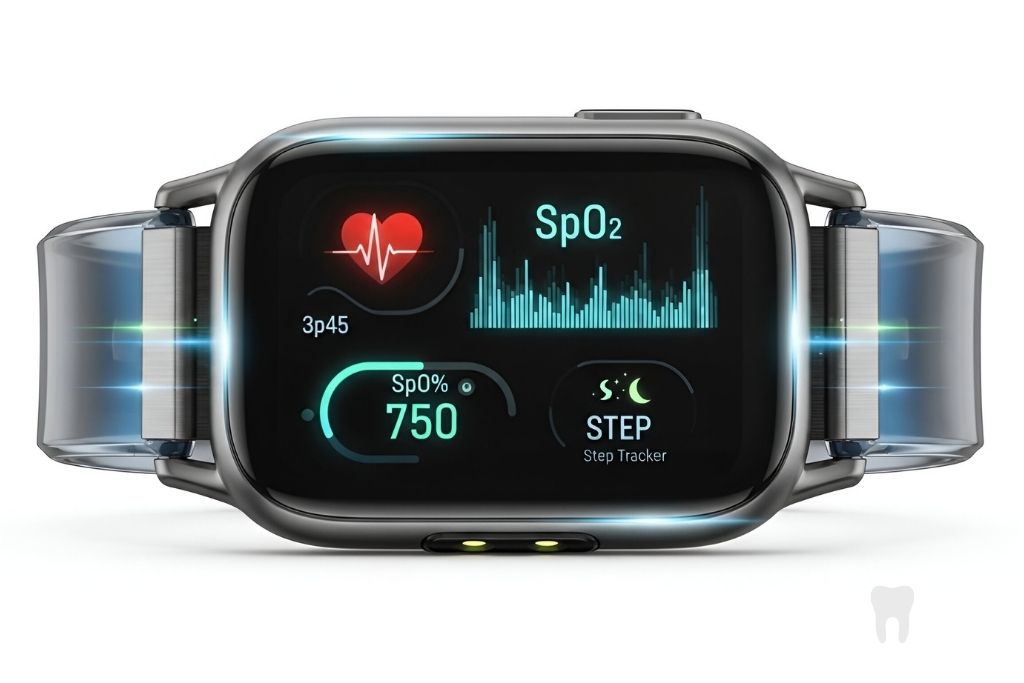Laser Eye Surgery Recovery Time: What to Expect in the UK

Imagine waking up every morning and seeing the world clearly without reaching for your glasses or fumbling with contact lenses. For many people in London and across the UK, laser eye surgery has become a life-changing solution to vision problems like nearsightedness, farsightedness, and astigmatism. But before you dive into this transformative procedure, it’s crucial to understand what happens afterward—specifically, the recovery process. Knowing how long it takes to heal and what to expect during that time can help you plan your life around the surgery and ensure a smooth journey toward clearer vision.
Immediate Recovery After Laser Eye Surgery
Once you step out of the clinic after your laser eye surgery, you’ll likely feel a mix of excitement and slight apprehension. The procedure itself is quick, often taking less than 30 minutes, but the immediate aftermath requires some care. You’ll be given protective eye shields to wear for the first night to prevent accidental rubbing or poking. It’s normal to experience mild discomfort, such as a gritty sensation or watery eyes, but rest assured—it’s temporary.
In the first 24–48 hours, expect some common symptoms like light sensitivity, blurred vision, and mild irritation. These are signs your eyes are healing, much like how your skin might feel tender after a minor cut. Many patients describe this phase as manageable, especially if they take the day off work to rest and avoid screens. A short nap can do wonders in helping you ease into recovery.
First Few Days Post-Surgery
The first week is critical for setting the tone of your recovery. By Day 3 or 4, most patients notice significant improvements in their vision, though it may still fluctuate slightly. This is completely normal and part of the healing process. During this period, there are a few golden rules to follow:
- No Rubbing Your Eyes: Even if they feel itchy, resist the urge. Rubbing could dislodge the delicate corneal flap created during LASIK or irritate the treated area.
- Avoid Water Exposure: Activities like swimming, hot tubs, or even heavy sweating at the gym should be avoided to prevent infections. Showers are fine, but keep soap and water away from your eyes.
- Skip Makeup and Lotion: Mascara lovers, we know it’s tough, but skipping makeup for at least a week reduces the risk of introducing bacteria to your healing eyes.
Your surgeon will prescribe medicated eye drops to reduce inflammation and prevent infection. Using these drops exactly as instructed is key to a successful recovery. Think of them as your eyes’ best friends during this time.
Weeks Following Surgery
As the days turn into weeks, you’ll start noticing more consistent improvements in your vision. By Week 2, many patients report feeling close to “normal,” although some temporary side effects may linger. Halos around lights, glare, and occasional dryness are common and usually resolve within a few months. Dry eyes, in particular, can be managed with artificial tears recommended by your ophthalmologist.
Follow-up appointments are an essential part of the recovery process. In the UK, clinics typically schedule check-ins at one week, one month, and three months post-surgery. These visits allow your doctor to monitor your progress and address any concerns. If you’re living in London, where bustling streets and bright lights abound, managing glare might take extra patience, but rest assured, it gets better.
Long-Term Recovery and Final Results
By the three-to-six-month mark, your vision should stabilise fully. This timeline varies depending on the type of surgery and individual factors like age and overall eye health. In the UK, success rates for procedures like LASIK and SMILE are impressively high, with over 95% of patients achieving 20/20 vision or better.
The lifestyle benefits are undeniable. No more foggy glasses on rainy days, no more worrying about losing contacts, and no more squinting at road signs while driving through London’s busy streets. Whether you’re commuting on the Tube, enjoying a weekend hike in the Cotswolds, or simply reading a book in a cozy café, the freedom of clear vision is priceless.
Tips for a Smooth Recovery
To make your recovery as seamless as possible, here are some practical tips tailored for UK residents:
- Wear Sunglasses Outside: UV protection isn’t just for sunny days; it helps shield your sensitive eyes from harsh winds and pollution too.
- Limit Screen Time: While it’s tempting to binge-watch Netflix or scroll through Instagram, giving your eyes frequent breaks can speed up healing. Follow the 20-20-20 rule: Every 20 minutes, look at something 20 feet away for 20 seconds.
- Stay Hydrated: Drinking plenty of water supports overall eye health and combats dryness.
Above all, stick to your surgeon’s aftercare instructions. If anything feels unusual—persistent pain, worsening vision, or excessive redness—don’t hesitate to reach out to your clinic. Early intervention can prevent complications.
Factors That May Affect Recovery Time
Not everyone’s recovery journey is identical. Several factors influence how quickly you bounce back:
- Type of Surgery: LASIK tends to have the fastest recovery, with most patients resuming daily activities within a few days. LASEK and PRK require longer healing times since they involve removing the outer layer of the cornea. SMILE, a newer technique, strikes a balance between speed and precision.
- Age and Health: Younger patients generally heal faster, and those with pre-existing conditions like diabetes may face slower recovery due to reduced healing capacity.
- Lifestyle Choices: Smoking and poor nutrition can hinder healing, so adopting healthy habits can give your recovery a boost.
If you’re considering surgery, discussing these factors with a qualified specialist in the UK can help set realistic expectations.
Costs and Aftercare in the UK
When it comes to costs, laser eye surgery in the UK ranges from £1,500 to £3,000 per eye, depending on the procedure and clinic reputation. While this might seem steep, many patients view it as a worthwhile investment in their quality of life. Most private clinics include follow-up care in the initial price, ensuring comprehensive support throughout your recovery.
On the other hand, NHS coverage for laser eye surgery is extremely limited and usually reserved for cases where glasses or contacts aren’t viable options (e.g., severe prescriptions). For the majority, going private is the way to go. Reputable clinics in cities like London offer state-of-the-art technology and experienced surgeons, making the experience both safe and reliable.
Conclusion
Recovering from laser eye surgery doesn’t have to be daunting. With proper preparation and adherence to aftercare guidelines, most people in the UK find the process straightforward and rewarding. From the initial discomfort to the joy of seeing the world clearly without assistance, the journey is well worth it.
If you’re ready to explore whether laser eye surgery is right for you, take the first step by consulting a qualified eye specialist. They’ll assess your unique needs and guide you toward the best option. Remember, clearer vision isn’t just about convenience—it’s about reclaiming your independence and embracing life without limitations. So why wait? Your future self will thank you!
Lareal Young is a legal professional committed to making the law more accessible to the public. With deep knowledge of legislation and legal systems, she provides clear, insightful commentary on legal developments and public rights, helping individuals understand and navigate the complexities of everyday legal matters.
Recommended For You
Heart disease remains one of the leading causes of illness and death in the UK, but early detection can make
In the UK, we are fortunate to have one of the most robust sexual health frameworks in the world. Whether
Few experiences are as disruptive as a persistent, throbbing toothache. It’s the kind of pain that doesn’t just stay in
Browse by Category
- Travel
- Technology & Gadgets
- Sports & Games
- Software
- Shopping
- Reviews
- Real Estate
- Numerology
- News
- Make Money
- Lifestyle
- Law
- Home Improvement
- Health
- Gardening
- Games
- Finance
- Entertainment
- Education
- Digital Marketing
- Diet and Fitness
- Dating
- Construction
- Celebrity
- Career and Jobs
- Business
- blog
- Angel Number




